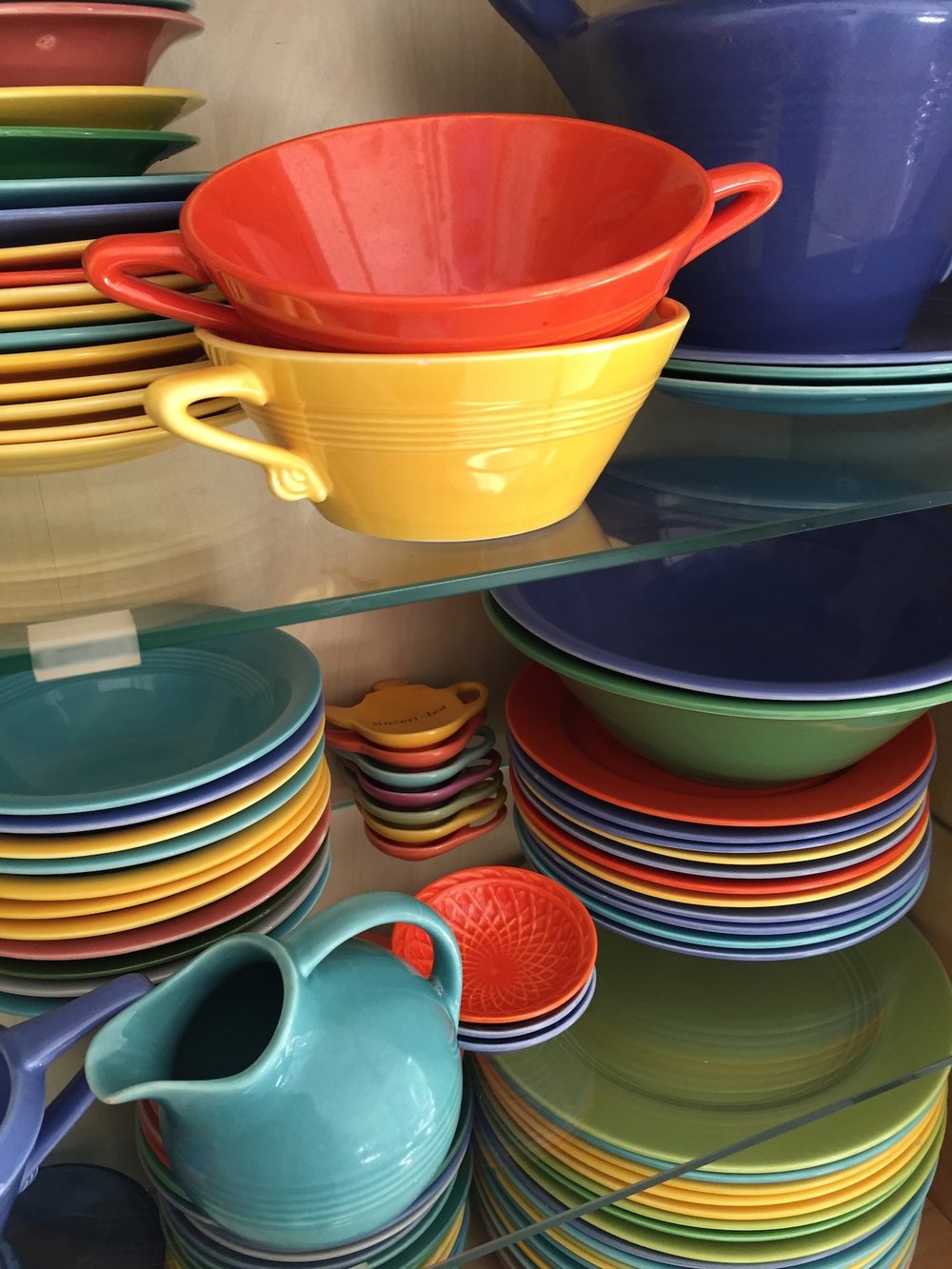 Life is complicated. There are many dynamics, decisions, phases and stages. There is constant change that we navigate to the best of our ability. Clutter is complex too. We become emotionally attached to our things. Our stuff seems to collect as we sleep. Where did those piles come from? How did my closet get so crammed that it’s stressful getting dressed every morning? I have to keep my stuff because if I let go, I’ll lose a part of me.
Life is complicated. There are many dynamics, decisions, phases and stages. There is constant change that we navigate to the best of our ability. Clutter is complex too. We become emotionally attached to our things. Our stuff seems to collect as we sleep. Where did those piles come from? How did my closet get so crammed that it’s stressful getting dressed every morning? I have to keep my stuff because if I let go, I’ll lose a part of me.
I’d like to share two powerful and possibly simple clutter concepts with you. Are you ready?
While there are many solutions for “dealing with” clutter, and I’ve written lots of posts sharing those ideas, it all comes down to two basic concepts: Release and Manage.
Powerful Clutter Concept One: Release
To reduce the volume of clutter, to make it easier to manage our stuff, we need to release or what I like to call, “edit.” Yes, we’re talking about letting go of the unessential so that we can make room for what’s most important and significant. You get to decide which clutter is taking up physical and mental space in your world and then release it.
Powerful Clutter Concept Two: Manage
To organize the essentials that remain, we need to create specific “homes” for our stuff to live so that we can manage how it works with us. The homes might be containers, closets, surfaces, or compartments. Yet it’s not just the creating of the homes, it’s also taking the time to return things to their homes.
You've heard this before: Less is more. Less is easier to maintain.
Decide what your less looks and feels like. What is your optimal less? Experiment with reducing the volume of clutter. Experiment with managing what remains. If you’re struggling with decision-making or organizing, enlist the help of a trusted friend, family member, or professional. The right kind of support can make all the difference.
I’d love to hear your thoughts. Come join the conversation. What’s been your experience with releasing and managing clutter?









